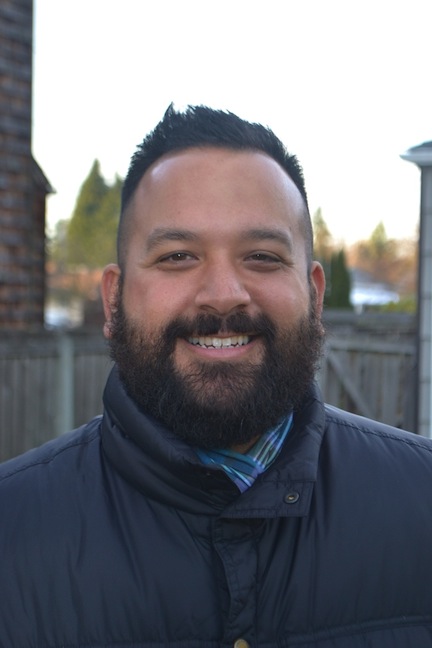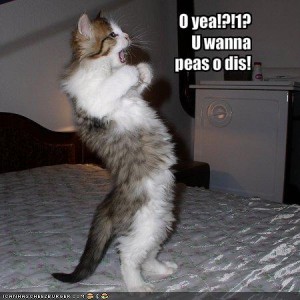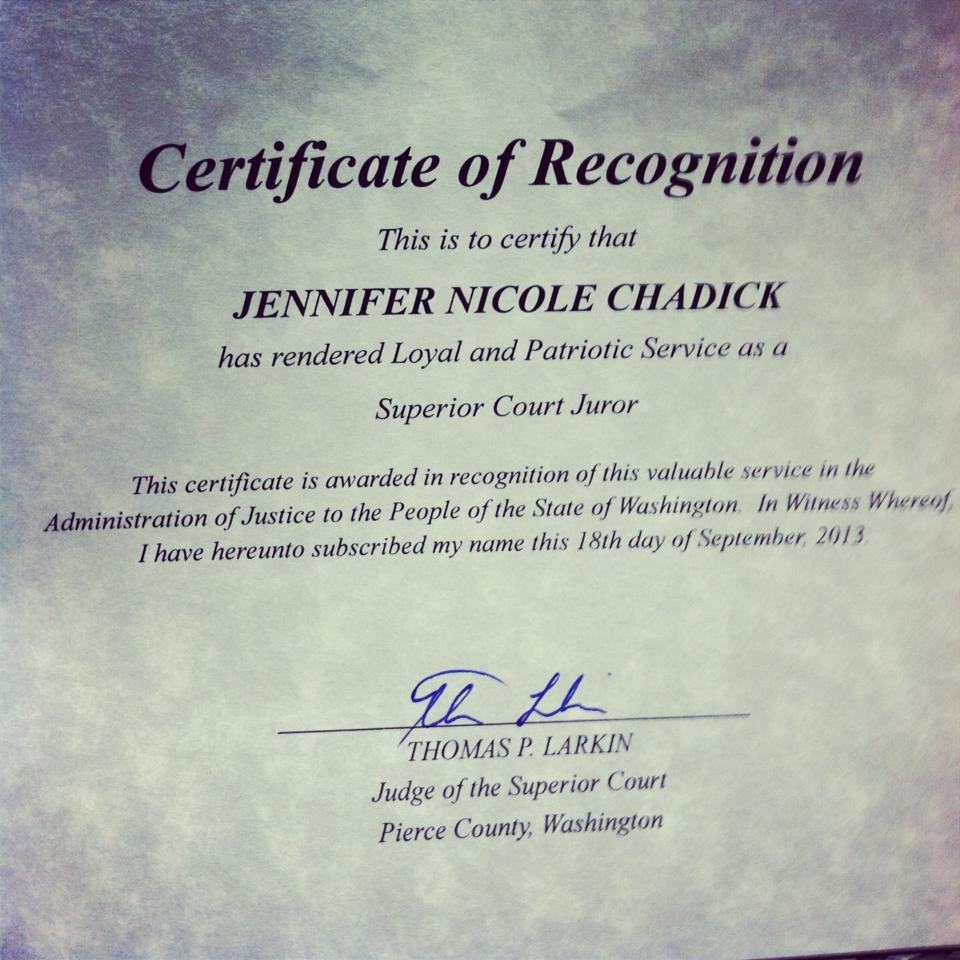In October, Resident Director Ayanna Bledsoe attended the National Association of Multicultural Education (NAME) conference in Oakland. This conference is a great opportunity to meet educations across the nation dedicated to making our campuses, both K-12 and higher ed, more socially just. What does that mean to leader Aja E. LaDuke, Ph.D., Assistant Professor of Teacher Education at Thelma P. Lally School of Education at The College of Saint Rose? Read here to find out!
What does social justice mean to you?
My first point of contact with social justice, or I would be more correct to say the first point in which I “woke up” to it, was in a graduate level education course called “Literacy in the Secondary Schools.” At this point I had been teaching for two years in a public elementary school, and had chosen the course as a step toward earning my certification as a reading specialist. Little did I know, but this course would be much more than that and put me on another path entirely – one that guides both my life and my work as a teacher educator. On our first day, our professor asked us to explore the question, “How are schools like prisons?” which would be a guiding question for our study throughout the semester. The group conversations, academic reading, and individual writing responses that stemmed from that question served as my first exposure (or again, the first exposure that I was conscious of) and first engagement with examining schools from an institutional lens. We read works like “Literacy with an Attitude’ by Patrick Finn – a book that introduced me to the works of others like Jean Anyon and Paulo Freire, and that I still have my underlined, dog-eared, post-it note covered copy of to this day to show to my students. I use it as an example of “transformational literacy,” or in short, literacy that can change one’s life – in ways that they will when they become teachers themselves.
How did you get involved?
I had chosen teaching as a profession for many of the reasons that others would name, for example, wanting to make a positive difference for future generations. I had also been drawn to the idea of the evolving nature of teaching, how there would be no point at which I would reach a pinnacle and be able to say, “I’ve got this” and not find ways to improve my practice. My logic was that society is always changing over time, so teaching changes with it and I have to keep up. Though I was entirely wrong (ex. technology), this course and a host of other courses and experiences that followed asked a question that I now use to guide my own courses: “Though schools have the potential to be sites of powerful social change, how do they instead work to perpetuate the status quo?” I had not thought about how schools contributed to societal “non-change.” In exploring the ways in which schools are normed to dominant groups (i.e. White, middle class, native English speaking, etc.) through their policies, curricula, testing and other practices, I realized that my job as a teacher was not just to “help students learn” but to help many of them to exercise their right to learn, in other words, to gain access to educational opportunities in a system designed to only give them to some, not all. This also began me on a journey of examining my own life and school experiences from an institutional lens. I hadn’t ever thought of school as a prison before that moment because schools were set up for me to succeed. I wasn’t supposed to see them that way, and I didn’t – until I was already in adult teaching in one.
As a teacher educator, I see it as my responsibility to make sure that new generations of teachers do not enter the field without examining schools from an institutional lens and identifying unjust practices that are embedded within them (including, but not limited to the underrepresentation of students of color in honors and AP courses, overrepresentation of students of color and bilingual students in special education programming, inconsistent disciplinary practices, emphasis on order and procedure vs. authentic learning, White/Eurocentric curricula, etc.). We unpack widely used phrases in the education community, such as “the achievement gap” or “dropout,” through consideration of schools’ roles in the underachievement or low graduation rates of students of color and/or speakers of other languages, making “opportunity gap” and “pushout” as Michelle Fine and other scholars have purported, more appropriate choices. Without this institutional lens, teacher candidates may enter schools to complete field experiences and see situations that reinforce deficit perspectives or stereotypes that focus on what students “don’t have” either academically, socially, financially, etc. and/or reinforce myths of meritocracy (“these students just aren’t trying hard enough). As a class, we examine counternarratives that challenge these deficit perspectives, and see examples of teachers using social justice pedagogy, multicultural education, and culturally relevant pedagogy that to engage ALL students, regardless of cultural background. These examples show that when an alternative is introduced – for example, a more inclusive curriculum in which students multiple perspectives of historical events or an environment in which students are not tracked by “ability” as determined by a standardized test score – that traditionally underperforming students perform. We realistic look at the challenges associated with creating these alternatives, as well as the potential societal consequences if we do not pursue social justice education on a broader scale. What would change if this was happening in more places and with students of all ages, instead of in small pockets and only with “older” students. What can be accomplished if we educate students to both curricular standards and social justice – – and avoid situations like mine in which I did not begin building my awareness until graduate school as an adult?
How can students get involved?
My first recommendation seems cliché coming from a professor and a professor of literacy education, but it is to read. As I have mentioned, the reading piece was key to my understandings of institutional forces how they influence individual interactions. Getting back to the idea of transformational literacy, Freire says to “read the word is to read the world,” which I have found to be true. I see and read situations very differently than I did before my social justice “awakening,” the difference lying mostly in that I can read them from more than one perspective – one that considers privilege and oppression and the overt and subversive ways in which they operate. I ask students to consider their own place within these systems and how their positions as oppressor and oppressed change according to context. We talk about the power they will inherit as teachers. Regardless of their various social identities, as a classroom teacher they will be positioned as an authority over their students. We discuss how being an effective teacher often includes stepping out their comfort zone – which may include admitting mistakes or ignorance, and confronting the fact that mistakes and ignorance may have a negative impact even if they had a positive intent. This also may mean leaving their comfort zone physically and spending time in communities very different from their own – particularly for educators, in the communities that your students call home. Students quickly identify teachers who teach in their school or district, yet live somewhere else, and never spend time in their community. Essentially, if you talk the talk, you need to also walk the walk. Walking the walk can begin with self-examination that is needed for social justice work. Asking yourself questions like, “How have I been socialized by family, friends, schools, or media to think about people who are different from me and how does that influence my interactions?” Walking the walk also means building authentic cross-cultural relationships, which like any other relationship require time, active listening, and honesty. Part of my work is to encourage students to engage in field experiences in communities with students representing different social and cultural identities than their own, and for an extended amount of time. These experiences – on the individual level – combined with an “institutional level awareness,” set the groundwork for any social justice action. This awareness will empower you in knowing exactly what you are up against, and the individuals in your life with whom you have these relationships will provide the most inspiration to keep fighting until change is achieved.
Learn more about the NAME conference here!





